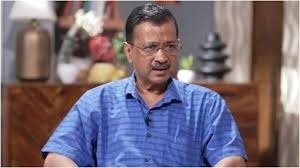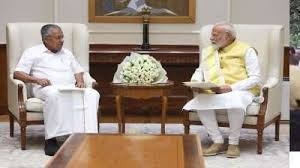In a bold and calculated move, Arvind Kejriwal has decided to resign as Delhi’s Chief Minister, leaving political circles buzzing. Here’s why this is being called a “political sixer” ahead of the Delhi elections:
Reclaiming His Moral High Ground: Facing corruption charges in the Delhi Excise Policy case, Kejriwal’s resignation is an effort to restore his image as an anti-corruption crusader.
Distancing From Corruption Allegations: Stepping down allows Kejriwal and his party to reset their narrative and campaign with a cleaner slate.
Tackling Anti-Incumbency: After a decade in power, Kejriwal aims to rejuvenate his party by stepping aside and calling for early elections to preempt voter fatigue.
Leveraging Anti-BJP Sentiment: With assembly elections in other states coinciding, Kejriwal hopes to ride the wave of growing anti-BJP sentiment.
Avoiding Central Rule: Resigning helps Kejriwal avert the potential imposition of Central Rule, which could have delayed the elections and weakened AAP’s position.
This strategic resignation is seen as Kejriwal’s attempt to galvanize support, reset the political landscape, and fight the upcoming elections on his own terms.




